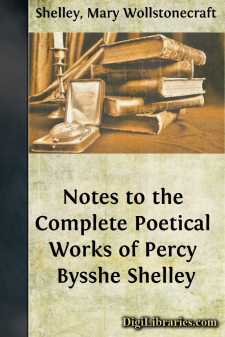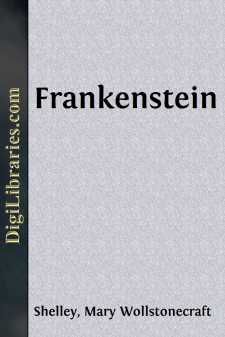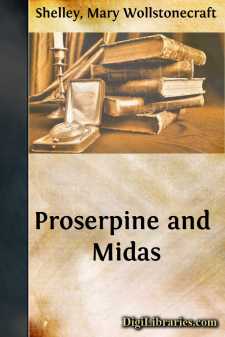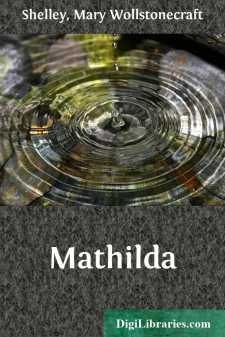Categories
- Antiques & Collectibles 13
- Architecture 36
- Art 48
- Bibles 22
- Biography & Autobiography 813
- Body, Mind & Spirit 142
- Business & Economics 28
- Children's Books 17
- Children's Fiction 14
- Computers 4
- Cooking 94
- Crafts & Hobbies 4
- Drama 346
- Education 46
- Family & Relationships 57
- Fiction 11829
- Games 19
- Gardening 17
- Health & Fitness 34
- History 1377
- House & Home 1
- Humor 147
- Juvenile Fiction 1873
- Juvenile Nonfiction 202
- Language Arts & Disciplines 88
- Law 16
- Literary Collections 686
- Literary Criticism 179
- Mathematics 13
- Medical 41
- Music 40
- Nature 179
- Non-Classifiable 1768
- Performing Arts 7
- Periodicals 1453
- Philosophy 64
- Photography 2
- Poetry 896
- Political Science 203
- Psychology 42
- Reference 154
- Religion 513
- Science 126
- Self-Help 84
- Social Science 81
- Sports & Recreation 34
- Study Aids 3
- Technology & Engineering 59
- Transportation 23
- Travel 463
- True Crime 29
Notes to the Complete Poetical Works of Percy Bysshe Shelley
Categories:
Description:
Excerpt
Obstacles have long existed to my presenting the public with a perfect edition of Shelley's Poems. These being at last happily removed, I hasten to fulfil an important duty,—that of giving the productions of a sublime genius to the world, with all the correctness possible, and of, at the same time, detailing the history of those productions, as they sprang, living and warm, from his heart and brain. I abstain from any remark on the occurrences of his private life, except inasmuch as the passions which they engendered inspired his poetry. This is not the time to relate the truth; and I should reject any colouring of the truth. No account of these events has ever been given at all approaching reality in their details, either as regards himself or others; nor shall I further allude to them than to remark that the errors of action committed by a man as noble and generous as Shelley, may, as far as he only is concerned, be fearlessly avowed by those who loved him, in the firm conviction that, were they judged impartially, his character would stand in fairer and brighter light than that of any contemporary. Whatever faults he had ought to find extenuation among his fellows, since they prove him to be human; without them, the exalted nature of his soul would have raised him into something divine.
The qualities that struck any one newly introduced to Shelley were,—First, a gentle and cordial goodness that animated his intercourse with warm affection and helpful sympathy. The other, the eagerness and ardour with which he was attached to the cause of human happiness and improvement; and the fervent eloquence with which he discussed such subjects. His conversation was marked by its happy abundance, and the beautiful language in which he clothed his poetic ideas and philosophical notions. To defecate life of its misery and its evil was the ruling passion of his soul; he dedicated to it every power of his mind, every pulsation of his heart. He looked on political freedom as the direct agent to effect the happiness of mankind; and thus any new-sprung hope of liberty inspired a joy and an exultation more intense and wild than he could have felt for any personal advantage. Those who have never experienced the workings of passion on general and unselfish subjects cannot understand this; and it must be difficult of comprehension to the younger generation rising around, since they cannot remember the scorn and hatred with which the partisans of reform were regarded some few years ago, nor the persecutions to which they were exposed. He had been from youth the victim of the state of feeling inspired by the reaction of the French Revolution; and believing firmly in the justice and excellence of his views, it cannot be wondered that a nature as sensitive, as impetuous, and as generous as his, should put its whole force into the attempt to alleviate for others the evils of those systems from which he had himself suffered. Many advantages attended his birth; he spurned them all when balanced with what he considered his duties. He was generous to imprudence, devoted to heroism.
These characteristics breathe throughout his poetry. The struggle for human weal; the resolution firm to martyrdom; the impetuous pursuit, the glad triumph in good; the determination not to despair;—such were the features that marked those of his works which he regarded with most complacency, as sustained by a lofty subject and useful aim.
In addition to these, his poems may be divided into two classes,—the purely imaginative, and those which sprang from the emotions of his heart. Among the former may be classed the "Witch of Atlas", "Adonais", and his latest composition, left imperfect, the "Triumph of Life". In the first of these particularly he gave the reins to his fancy, and luxuriated in every idea as it rose; in all there is that sense of mystery which formed an essential portion of his perception of life—a clinging to the subtler inner spirit, rather than to the outward form—a curious and metaphysical anatomy of human passion and perception.
The second class is, of course, the more popular, as appealing at once to emotions common to us all; some of these rest on the passion of love; others on grief and despondency; others on the sentiments inspired by natural objects....






